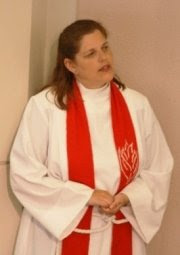Yes indeed, these are short books we are reading - we will power through three of them this week.
Micah - contemporary to some of Isaiah and to Hosea. This is more from the prosperous time around 750 BC before the Assyrian war. Micah is a common man from a small village and he looks at the pretensions and piety of the Capital from the outside. Micah calls the people to pure worship of God and to social justice and notes that God will judge them - but there is a promise of forgiveness after judgement
Nahum - is written in the immediate aftermath of the fall of both the Assyrian empire and the city of Nineveh - right around 610 BC. The center of the book is a long poem celebrating the destruction of Nineveh and explaining that it fell because of God's justice.
Habakkuk - in this short book there are at least 3 major ancient literary forms: There is a dialogue between God and the prophet. There is a section of woes, decrying the wickedness of the nation and then there is a long poem - like the Psalms, meant for use as a hymn in worship. It seems that the three section were actually written at different times by different people. They are tied together by a focus on theodicy - that is justification of the ways and actions of God - probably all three sections can be dated to a 25 year period around 600 BC. The main question in the book is how can a just God be silent when the wicked prosper and the just suffer.
Subscribe to:
Post Comments (Atom)

No comments:
Post a Comment